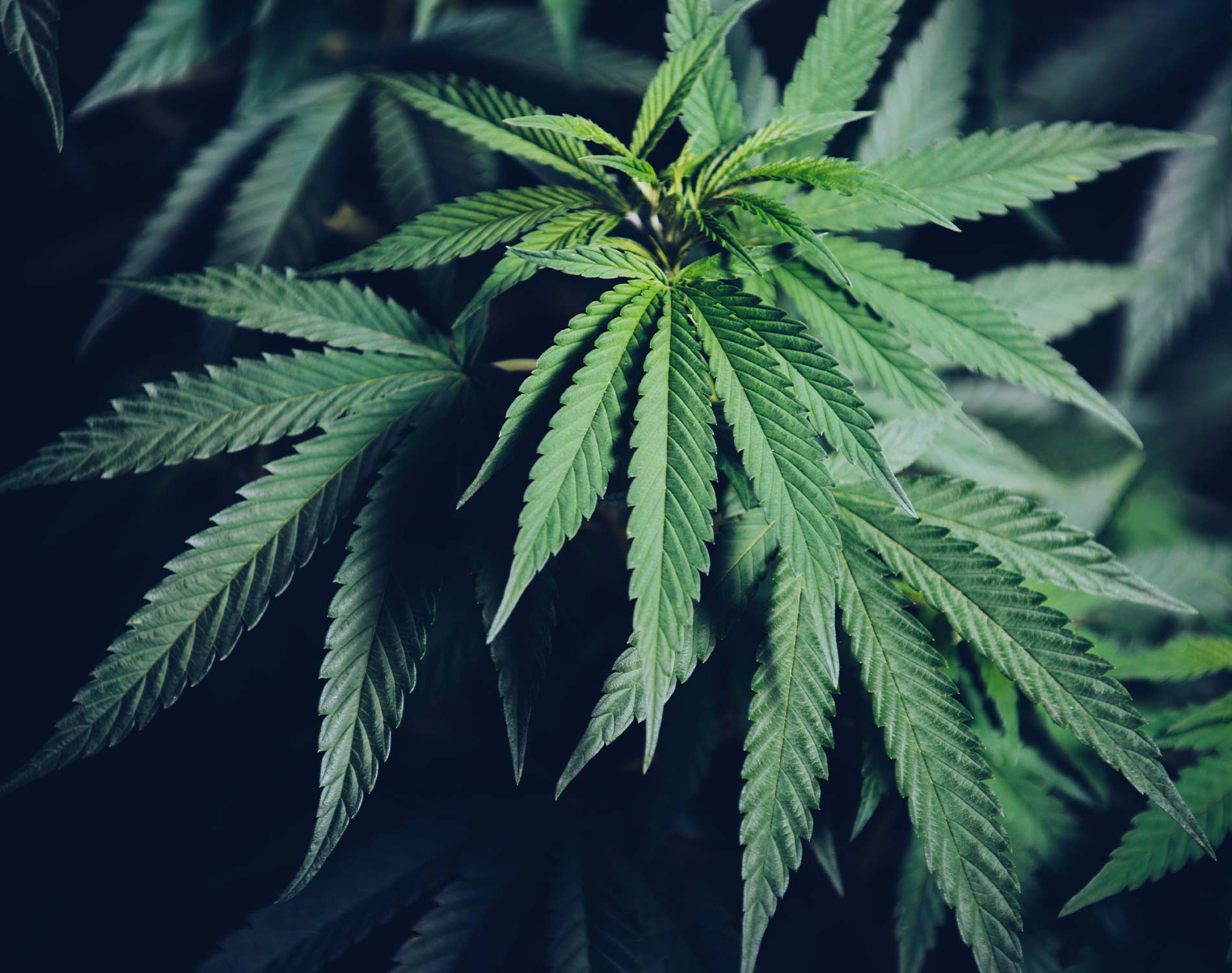[[{“value”:”
June 11, 2025
Dentons Cannabis partners Eric Berlin and Joanne Caceres discuss the rapid rise of hemp-derived THC beverages, including the legal milestones that enabled their growth, shifting consumer preferences and what businesses need to know to stay competitive. From regulatory risks to brand-building strategies, this Q&A offers key insights for navigating this evolving market.
1. How have legal and regulatory changes helped create today’s hemp-derived THC beverage market?
The evolution of the hemp-derived THC beverage market can be traced back to significant legislative milestones starting in 2014. The 2014 Farm Bill initiated a hemp pilot program, and the 2018 Farm Bill removed hemp from the definition of marijuana under the Controlled Substances Act, allowing for the legal cultivation and processing of hemp with no more than 0.3% delta-9 THC. These changes spurred an entire industry, first of non-intoxicating CBD products and more recently into intoxicating cannabinoids like delta-8 THC and delta-9 THC. Hemp-THC beverages have been particularly successful, and states are increasingly creating regulatory frameworks to formally regulate these products. They are increasingly available in mainstream retail outlets.
2. What consumer behaviors are fueling the growth of hemp-derived THC beverages?
Consumer behaviors driving the growth of hemp-derived THC beverages include a shift towards wellness and alternative relaxation methods, as well as a decline in alcohol consumption, particularly among younger generations like Gen Z. These beverages offer a lower-dose, sessionable experience, which appeals to those who are canna-curious but may not be interested in traditional cannabis products or the culture surrounding them. The convenience of purchasing these beverages in regular stores, breweries and bars also broadens their appeal to a wider audience.
3. As larger alcohol companies enter this space, what impact could that have on the market? And on smaller cannabis- and hemp-focused brands?
The entry of larger alcohol companies into the hemp-derived THC beverage market could significantly accelerate its growth and legitimacy. These companies bring extensive distribution networks, marketing expertise and financial resources, which can help scale the market rapidly. However, this influx could also pose challenges for smaller cannabis- and hemp-focused brands. Smaller brands may need to differentiate themselves through unique product offerings or by building strong, loyal customer bases to remain competitive.
4. Do you believe hemp-derived THC beverages are a lasting trend, or more of a passing fad?
Hemp-derived THC beverages appear to be more than just a passing fad. The market has shown resilience and growth, particularly as major businesses, including alcohol companies, have committed to the sector. The increasing consumer awareness, expanded product availability and significant investment interest suggest that these beverages are becoming a mainstream option. Additionally, the appeal to a broader audience, including those who prefer lower-dose, sessionable experiences, indicates a sustainable demand.
5. Is there a risk that state or federal regulations could quickly disrupt or shut down this emerging market?
Yes, there is a risk that state or federal regulations could disrupt or shut down the hemp-derived THC beverage market. The regulatory landscape is highly variable across states, and changes can occur rapidly, potentially eliminating the market with a “pen stroke.” This uncertainty underscores the importance for companies to stay informed and engaged with regulatory developments and to seek legal expertise to navigate the complex and evolving legal environment. As they say in political lobbying circles, “if you’re not at the table, you are on the menu.” The regulations and standards set today will impact the industry for years to come.
6. What lessons can companies entering the hemp beverage space learn from the growth (and setbacks) of the broader cannabis industry over the past decade?
Companies entering the hemp beverage space can learn several key lessons from the broader cannabis industry. First, the importance of compliance with state and federal regulations cannot be overstated, as regulatory changes can significantly impact business operations. Second, building strong relationships with regulators and policymakers can help solve problems and mitigate risks. Third, investing in brand-building and consumer education is crucial to differentiate products in a crowded market. Last, companies should be prepared for market volatility and have strategies in place to adapt to changing legal and market conditions.
7. How important is brand-building right now in this category, and what does it take to stand out in such a fast-moving, fragmented market?
Brand-building is critically important in the hemp-derived THC beverage category, especially given the market’s rapid growth and fragmentation. To stand out, companies need to focus on creating a strong, recognizable brand identity that resonates with consumers. This involves clear messaging about product benefits, quality and safety. Additionally, leveraging direct-to-consumer models and engaging with customers through social media and other digital platforms can help build a loyal customer base.
8. Are there other product innovations (different cannabinoids, functional beverages) you see emerging alongside or out of this trend?
Yes, there are several product innovations emerging alongside the trend of hemp-derived THC beverages. These include beverages infused with other cannabinoids such as CBN, CBG and CBC, which offer different effects and benefits. Functional beverages that combine cannabinoids with other wellness ingredients like adaptogens, vitamins and herbal extracts are also gaining popularity. These innovations cater to consumers seeking tailored experiences, further expanding the market and its potential.
“}]] The rise of hemp-derived THC beverages with Dentons Cannabis partners Eric Berlin and Joanne Caceres Read More


